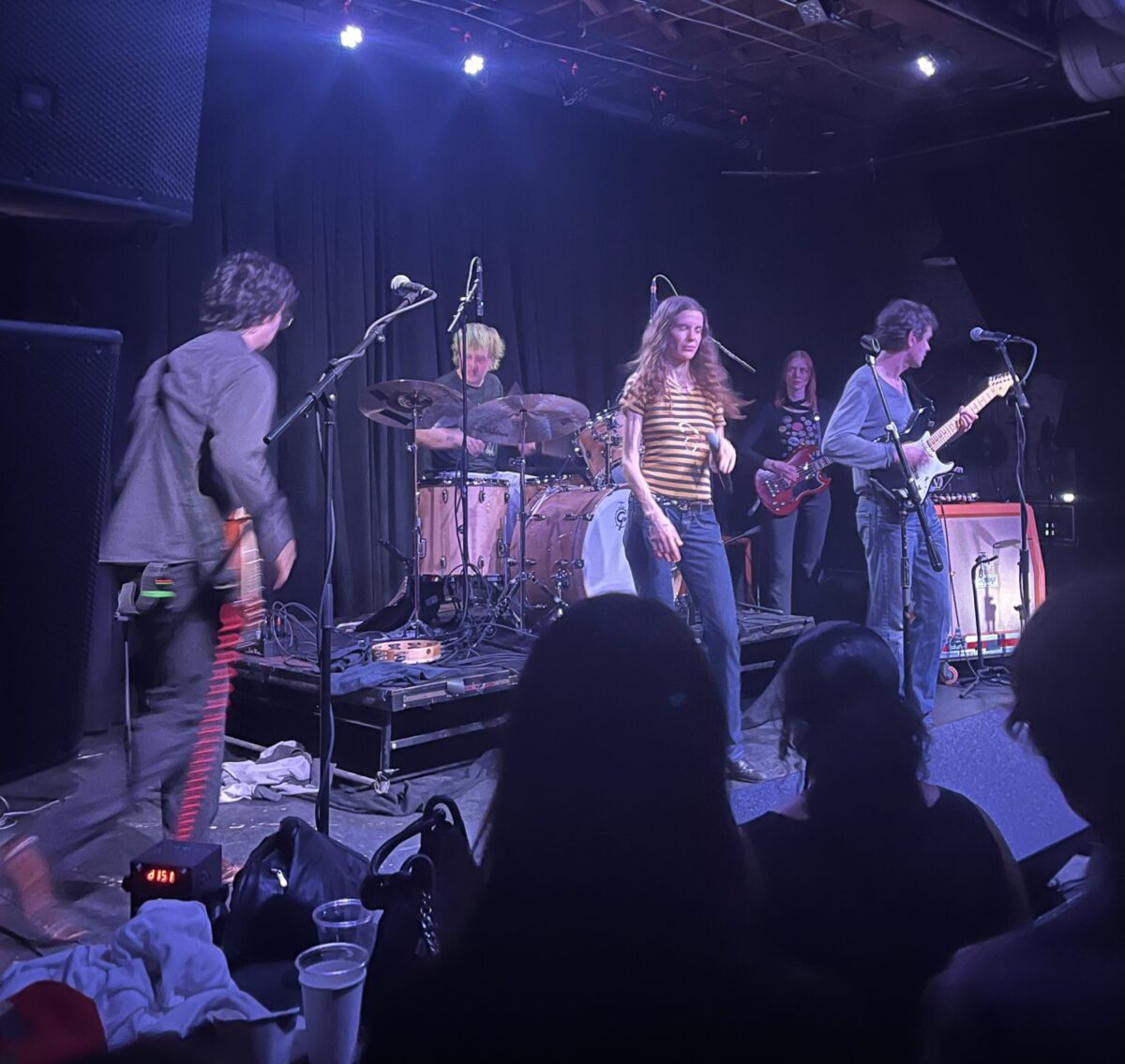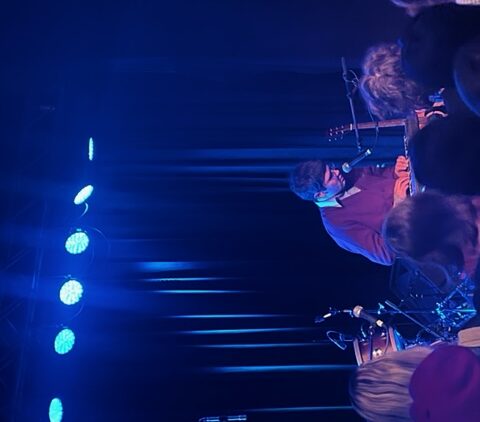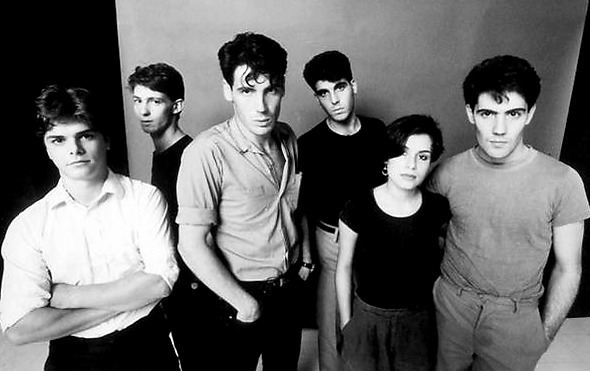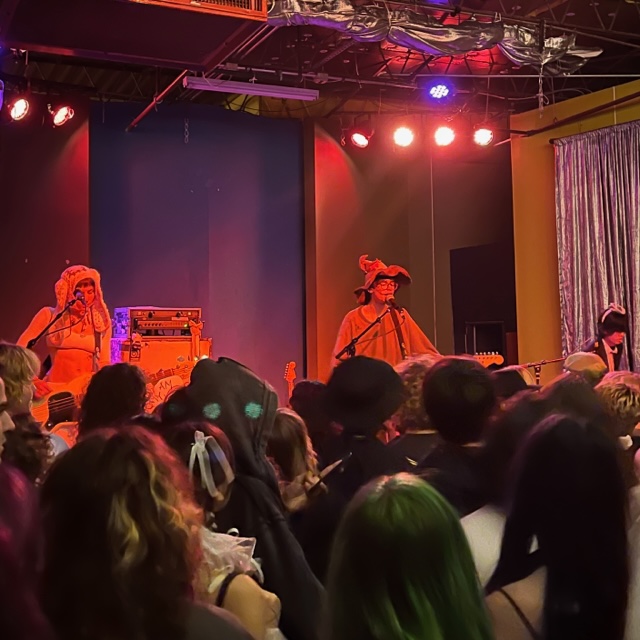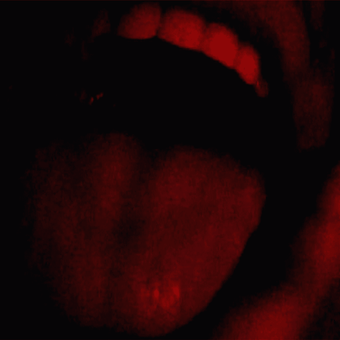Often, the bands we like are located far away.
When the opportunity arises to see a band on their first journey to your city, you take it. This was my experience with Bar Italia; upon hearing of the London-based band’s most recent tour, which included their first ever show in the Triangle (at Motorco in Durham), I had to buy a ticket. It was non-negotiable, and soon, very exciting; I was finally going to be able to see a European band that I had prayed would come to the South (many such cases).
Soon enough, the day came. While I was taking a moment outside, I watched as large numbers of fans began to trickle into the venue. Many were dressed in typical indie garb that you’d expect from a rock show of this sort. Interestingly, many people seemed to mirror Bar Italia’s slick British style; I counted a number of mod haircuts, Britpop-y normcore fits, and pointedly English dress trends that would normally fly well under the radar in North Carolina. It was fascinating to see, as I could tell that these people were obviously big fans of the band.
The opener, named Great Area, began soon enough. Beforehand, nobody seemed to be aware of who the opener was- or what their sound was like- which made for a pleasant surprise. It was one person, assumedly also from Britain, with a backing track and a background projector, singing in an almost impressively deadpan style against hypnotic, retro electronic beats that captured the essence of a midnight ride through the streets of London.
The moody aesthetics and attitude were at the forefront, with the visuals featuring esoteric flashes of urban landscapes, dated tech advertisements, and loose snippets of pop culture edited seamlessly to go along with the music. Great Area stood completely still and stared ahead as they sang each of the songs in order. It was not a long set, but a perfect appetizer to begin a night of London scene vibes.
However, the momentum of the night was interrupted by a nearly hour-long wait until Bar Italia came on.
The crowd began to stir around thirty minutes after Great Area walked off stage. According to an anonymous source, Bar Italia had requested that the Beatles be played as the venue’s background music in between sets and during both artists’ setup times. I overheard crowd goers making mock bets as to what Beatles song would come next, and I’ve never heard more discussion about the Beatles in years. The slightest sense of tension arose in the air, and every time the door to the back room opened, much of the crowd would stare, hoping for the band to come out. There were a few whispers that the band could have canceled, or that something went wrong last minute. Fortunately, this was not the case.
The frustration nearly hit its peak by the time Bar Italia finally arose from backstage, to thunderous, relieved applause. Without an introduction, they began.
The set consisted mostly of album tracks from their most recent full-length release, The Twits, which was met with generally positive emotions from the crowd. Highlights included the raucous “my little tony” and “worlds greatest emoter”, which got the crowd moving in the first phases of the set. Tracks from their previous album- which also came out last year- Tracey Denim, were welcomed with notably more cheering and singalongs than the newer songs, but this could be primarily because the singles from “Tracey” were played. Nonetheless, the crowd was entranced all the way through; however, it was apparent that some fatigue from the wait time in between sets lingered on people. The band also played a couple older loose singles that are popular amongst fans, to much praise.
Bar Italia present themselves as a three-piece, with two guitarists and a vocalist. For the performance, they added a touring drummer and bassist (special props to the drummer, who absolutely killed it). With this being said, the live sound was much different from their studio sound. This is mainly due to the fact that none of the programmed drums, synths, and strings present in the studio tracks were accommodated for in the live set. I saw this as a good thing, as they were able to turn up the garagey-ness of their act, and the clear and concise distortion and raucousness made for an enthralling, true-blue rock and roll performance.
For better or worse, the atmosphere of their performance was not as, well, atmospheric as the opener. The main stage lights were on the entire time, leaving the band in complete view from the audience. There were no background projections. This could definitely be a positive, as it was easy to see everyone and what they were playing. It lent a bit of intimacy and casualness to the performance, and made it feel as if they were a local band playing for a local crowd.
Despite a couple minor shortcomings, the show was excellent, and the set ran just long enough. Bar Italia played extremely tight, without missing a beat, and the excitement of seeing a cult favorite band for the first time clearly resonated with everyone in attendance. Everyone seemed to leave satisfied, albeit perhaps with newfound opinions on the Beatles.
-Mike Utt

